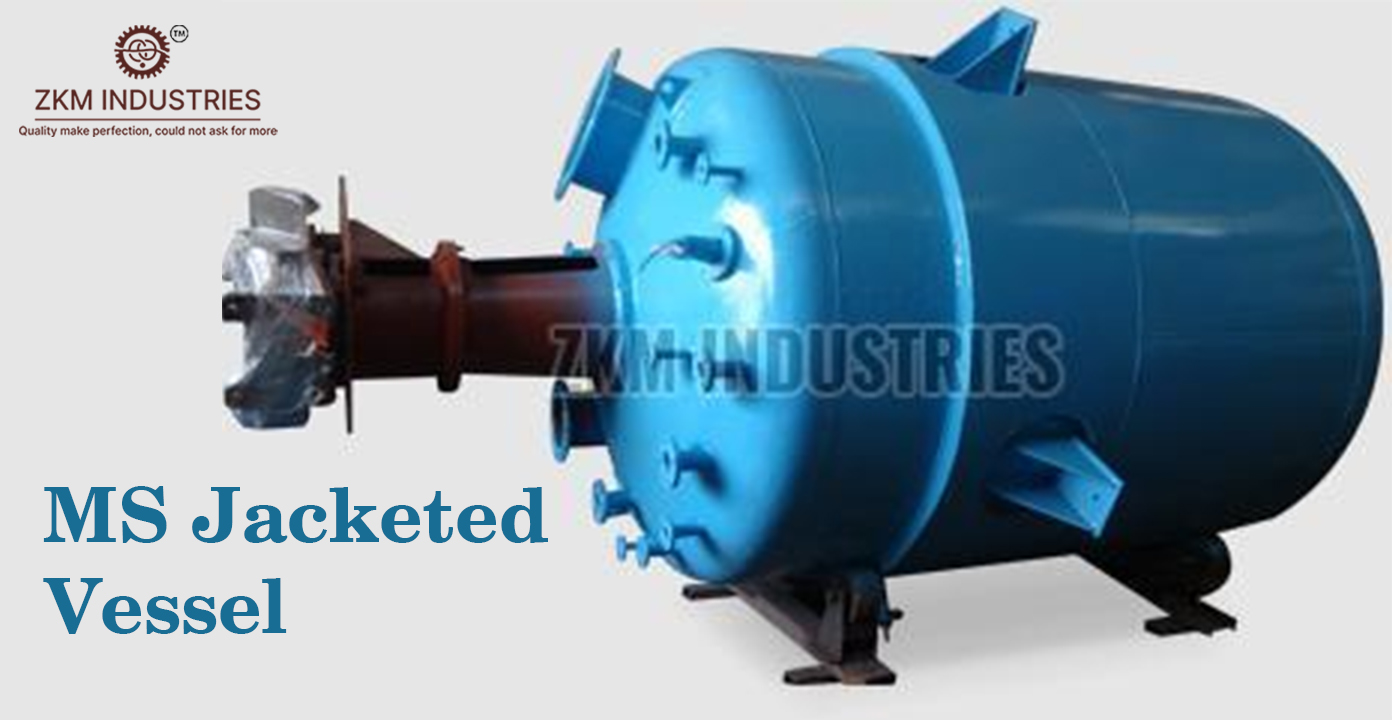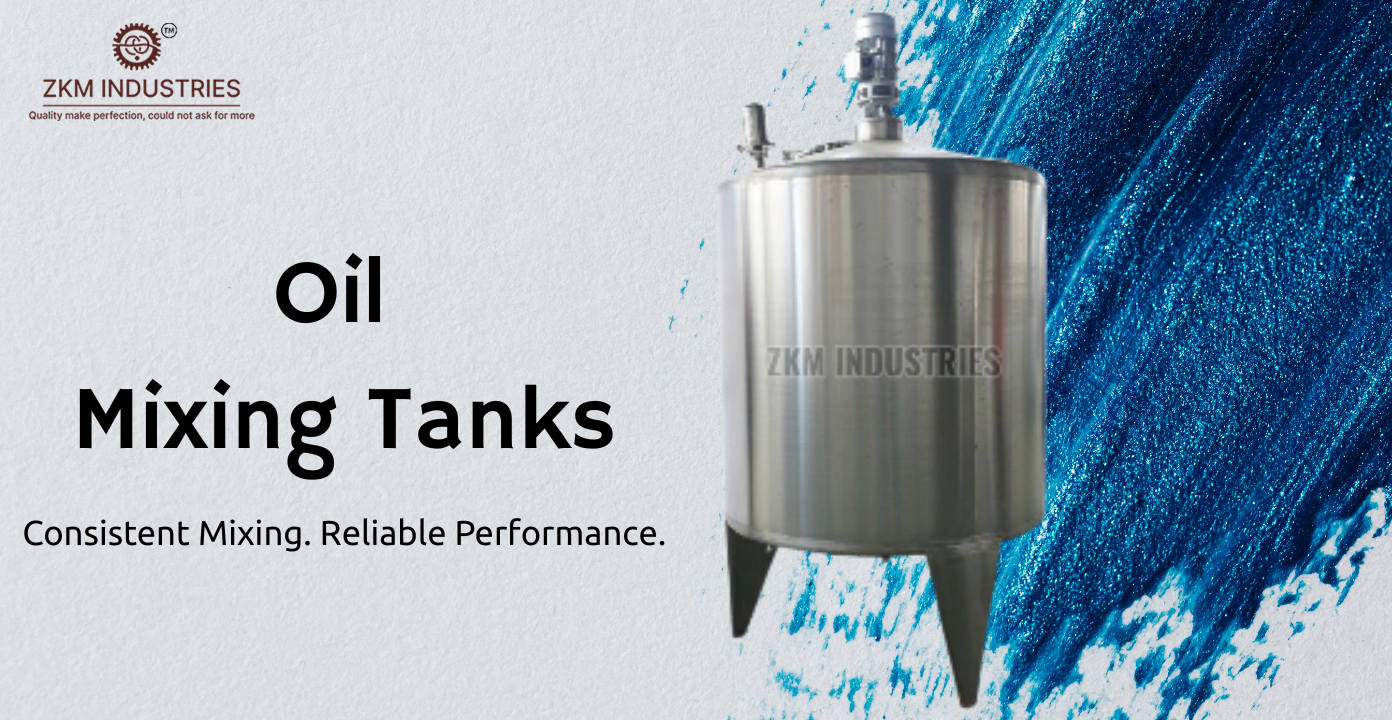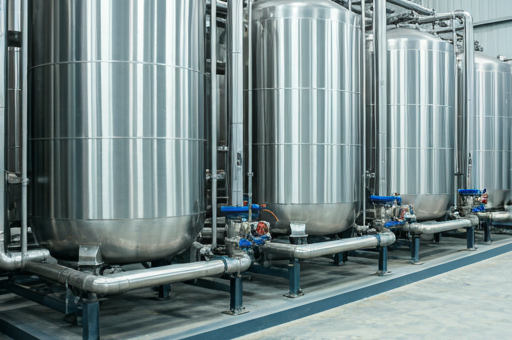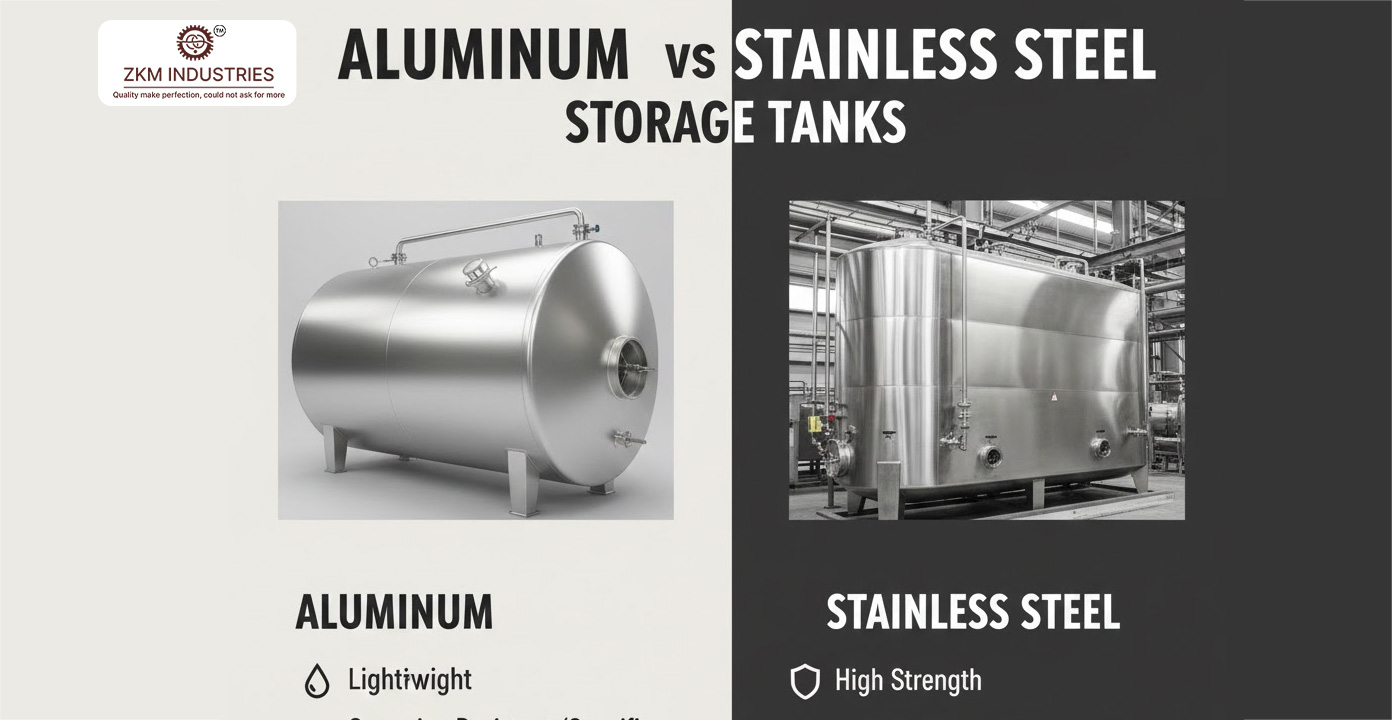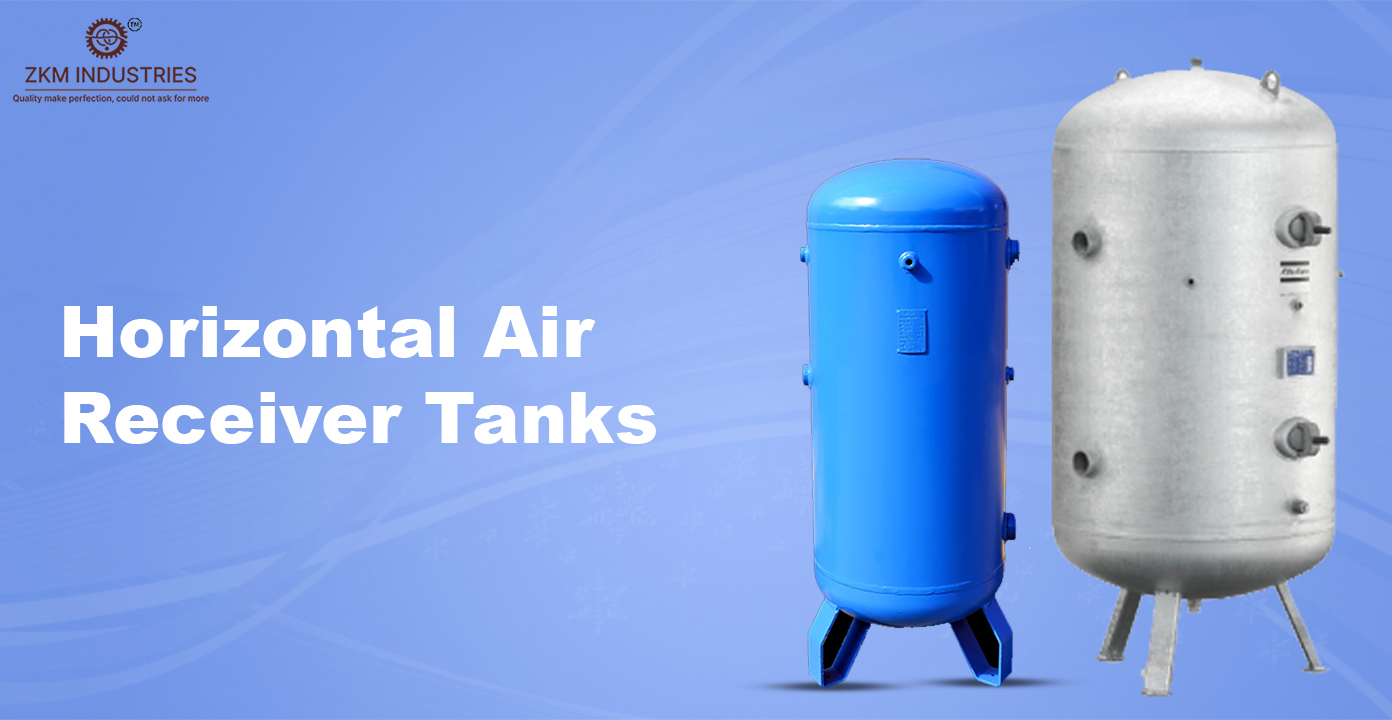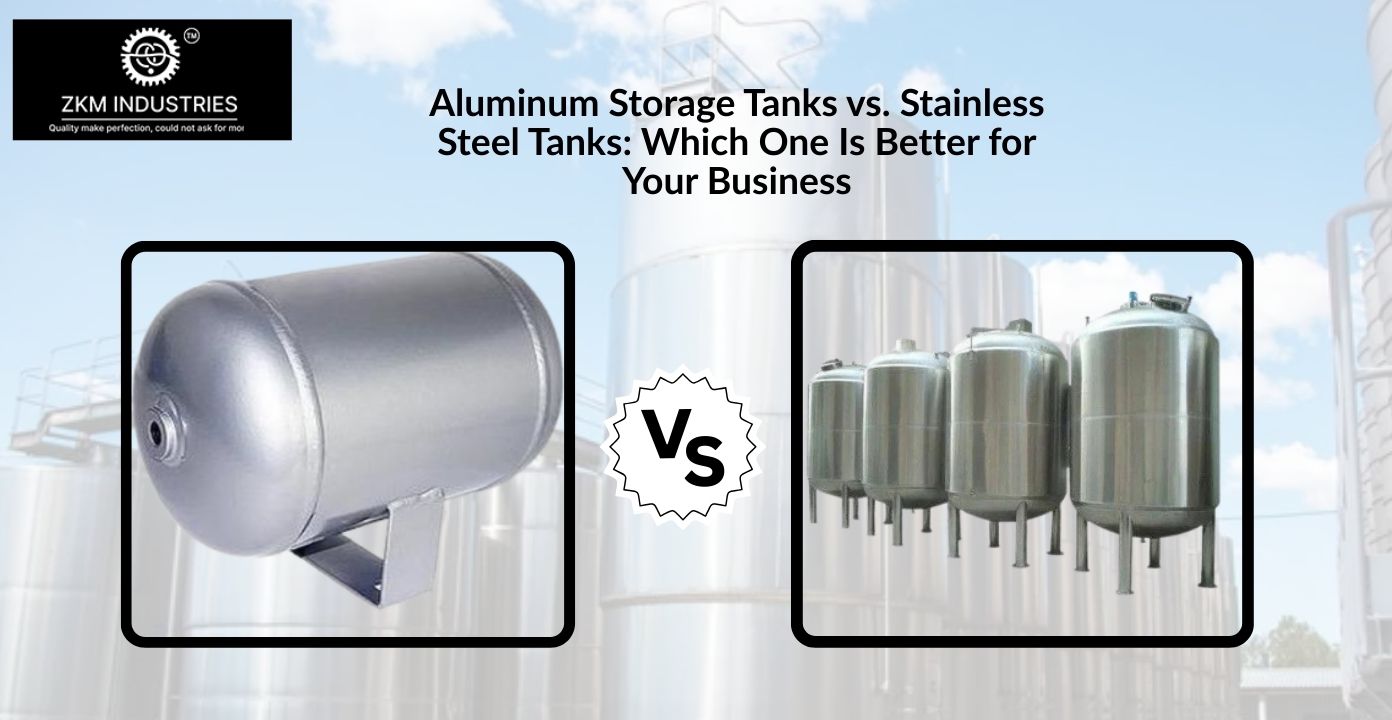
- 02 Apr 2025
Aluminum Storage Tanks vs. Stainless Steel Tanks
At ZKM Industries, we specialize in manufacturing high-quality aluminum and stainless steel storage tanks for various industries. Whether your business involves chemical storage, fuel transportation, food processing, or water storage, selecting the right material is crucial for efficiency, cost-effectiveness, and durability.Aluminum
But which one is better—Aluminum or Stainless Steel? This guide compares the two materials based on cost, durability, commercial applications, and capacity-based needs to help you make the best decision for your business.
Material Comparison: Aluminum vs. Stainless Steel Tanks
The first step in choosing the right storage tank is understanding the material properties:
| Feature | Aluminum Tanks | Stainless Steel Tanks |
| Strength Rating | 80 | 100 |
| Weight | Lightweight | Heavy |
| Corrosion Resistance | Good, but needs coatings | Excellent, no coatings needed |
| Longevity | Moderate | Long-lasting |
Steel 100 vs. Aluminum 80: What Does It Mean?
Stainless steel has a strength rating of 100, making it stronger and more durable than aluminum, which has a rating of 80. However, aluminum’s lightweight nature makes it easier to transport and install.



Cost Analysis: Aluminum vs. Steel Storage Tanks
Upfront Costs
- Aluminum tanks are generally more affordable than stainless steel tanks, making them a cost-effective choice for businesses with budget constraints.
- Stainless steel tanks come with a higher initial investment due to their superior durability and resistance to harsh conditions.
Long-Term Costs
- Stainless steel tanks require less maintenance and have a longer lifespan, reducing replacement costs over time.
- Aluminum tanks may require protective coatings and more frequent inspections to ensure longevity.
Durability & Corrosion Resistance
- Highly resistant to rust, chemicals, and extreme conditions
- Ideal for industries dealing with corrosive substances
- Requires minimal maintenance
Aluminum Tanks
- Naturally corrosion-resistant but can oxidize over time
- Lightweight and portable
- Best suited for industries requiring mobility
Commercial Use-Based Comparison
Different industries have different storage needs. Here’s a breakdown of which tank suits each sector:
| Industry | Best Choice | Why? |
| Food & Beverage | Stainless Steel | Non-reactive & hygienic |
| Chemical Storage | Stainless Steel | High corrosion resistance |
| Fuel & Oil Transport | Aluminum | Lightweight & portable |
| Aerospace & Automotive | Aluminum | Reduces overall weight |
| Water Storage | Both | Depends on budget & usage |
Capacity-Based Selection: Choosing the Right Tank for Your Needs
- Small Capacity (Up to 500 liters): Aluminum is a cost-effective choice.
- Medium Capacity (500-5000 liters): Choose Aluminum for portability and Steel for durability.
- Large Capacity (5000+ liters): Stainless Steel is ideal for long-term use in industrial applications.
Environmental Impact & Sustainability
Both aluminum and stainless steel are 100% recyclable, making them eco-friendly options. However:
- Aluminum tanks require less energy to transport, reducing the carbon footprint.
- Stainless steel tanks have a longer lifespan, reducing material wastage over time.
Which One Is Better for Your Business?
- If you need a cost-effective, lightweight tank for fuel, transportation, or mobility, Aluminum is the best choice.
- If you require a durable, corrosion-resistant tank for long-term industrial use, Stainless Steel is the way to go.
At ZKM Industries, we manufacture both aluminum and stainless steel tanks to cater to your specific needs. Contact us today for expert guidance and the best storage solutions for your business.


